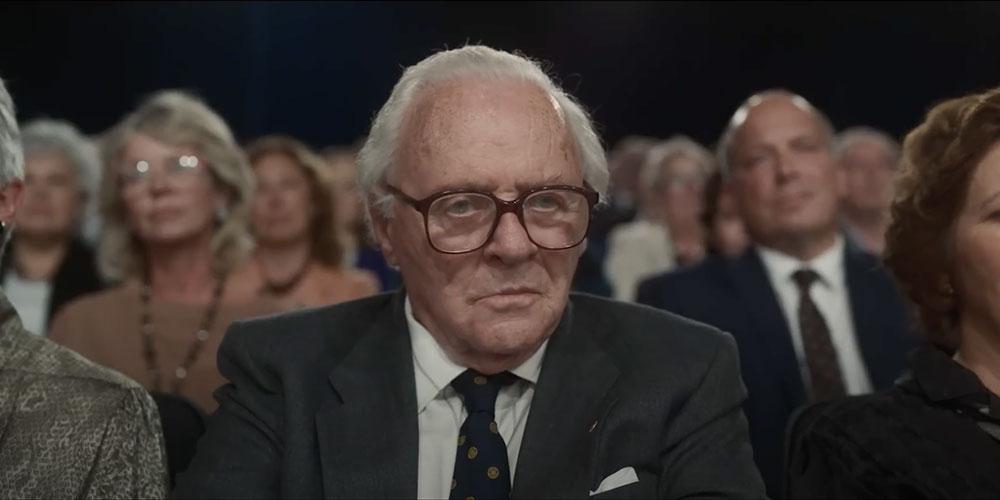One Life, the story of Sir Nicholas Winton, is now showing at UK cinemas. Sir Winton, a young London broker in 1939, rescued 669 predominately Jewish children from the Nazis using the Kindertransport. The true story is a compelling reminder of the incredible courage demonstrated by heroes like Sir Winton during the Holocaust and the importance of standing up against antisemitism today.
‘Hero’, of course, is not a phrase Sir Winton would have been comfortable with. And his humility is a prominent trait portrayed in the film. Anthony Hopkins is superb, playing the role of Sir Winton as an octogenarian, who still bears raw emotions in remembering the children he rescued, and those unable to be rescued, whose fate was almost certain death in the Holocaust. He keeps the scrapbook of refugees hidden safely in his desk – a locked-away secret from everyone. Even those who were rescued knew nothing of their rescuer.
The film reverts back and forth to 1939, when a younger Nicholas, portrayed by Johnny Flynn, works tirelessly with a small group of brave volunteers in Prague to bring as many Jewish refugees into Britain through the Kindertransport programme. The Kindertransport programme was established after Britain agreed to provide visas for a limited number of Jewish children from Germany and Austria, but it took Nicholas’s boldness and persistence to extend it to Czechoslovaka he saw the crisis first-hand on a trip there. Alarmed by the violence against Jews elsewhere in Europe and believing that the Germans would soon occupy Czechoslovakia before long, Sir Winton established a Children’s Section and began taking applications from parents seeking a safe haven for their children. Back in London, he is supported by his mother, played by Helena Bonham Carter, who helps Nicholas cut through Westminster bureaucracy, find host families, and raise funds to cover the travel expenses of the children.
Those familiar with Sir Nicholas Winton’s story will remember his remarkable appearance on the ‘That’s Life’ show in 1988, when TV host Esther Rantzen started to talk about the rescue operation to an audience that he was part of. The whole film is an accurate portrayal of the rescue, according to survivors, and this moving moment in the BBC studio is carefully enacted precisely as it was in real life. As the camera panned over the audience, guests begin to stand up – these were some of the children (now adults) who Sir Winton had rescued.
This powerful moment highlights Sir Nicholas Winton’s great impact and legacy in a profound way. Yet still, the humility of Sir Winton shows through. The importance of this moment to both Nicholas personally and to the grownup children is clear. But it’s also important for us. It invites us to witness the difference one person made when they courageously stood up for what is right. There were many others like Sir Nicholas who were similarly courageous, but their stories are not known and their impact less so. This film not only honours Sir Nicholas, but also all those whose sacrificial acts are untold. It is why everyone should watch this film, especially the younger generation who are living in a new era of Jew-hatred. With the current spike in antisemitism, and the same evil that is being waged on Jews in our world today, we must heed the messages this film offers us and act courageously.











